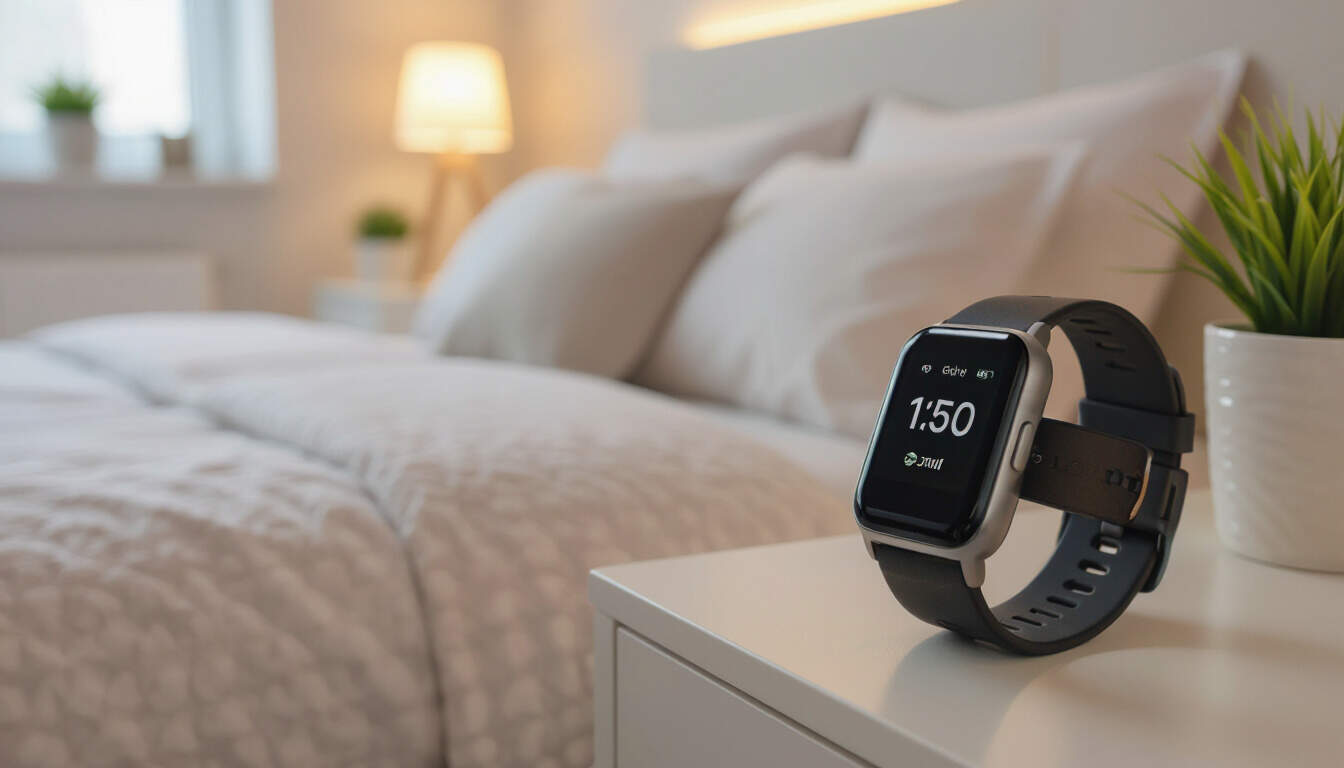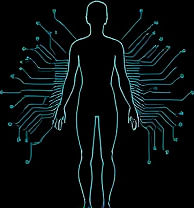Optimizing Your Sleep Environment for Better Health
 by Verner Mayer
by Verner Mayer
Discover how simple upgrades to your sleep environment can transform your rest and boost overall wellness. From smart tech to natural adjustments, learn practical steps to enhance sleep quality and personal vitality in just a few changes.

Sleep plays a vital role in health optimization, affecting everything from energy levels to cognitive function. Many people overlook how their surroundings impact rest. By focusing on key sleep environment upgrades, individuals can achieve deeper, more restorative nights.
One effective way to begin is by examining the basics of your bedroom setup. Quality bedding makes a significant difference. A supportive mattress and pillows can align your body properly, reducing discomfort during the night. Natural materials like organic cotton or wool help regulate temperature, ensuring you stay comfortable throughout various seasons.
Lighting is another crucial factor. Exposure to blue light from screens disrupts natural rhythms, so consider using dimmable lights or red-spectrum bulbs in the evening. Blackout curtains block unwanted light, creating a darker space that promotes melatonin production and better overall sleep quality.
Temperature control is essential for optimal rest. Keeping your room cool, around 18-21 degrees Celsius, allows your body to cool down as it prepares for sleep. Fans or smart thermostats offer precise adjustments, making it easier to maintain this ideal range without constant monitoring.
Wearable technology has revolutionized how we approach personal enhancement in sleep. Devices like fitness trackers monitor patterns, providing data on duration and stages of sleep. This information helps identify issues such as frequent awakenings or shallow rest, allowing for targeted improvements.
For instance, some wearables use sensors to track heart rate variability, offering insights into stress levels that might interfere with rest. By reviewing this data, users can make informed decisions about their routines, leading to more consistent health optimization.
Nootropics also contribute to better sleep by supporting brain function and relaxation. Certain supplements, such as magnesium or valerian root, calm the mind and prepare the body for rest. Unlike stimulants, these options work subtly to enhance natural processes without overwhelming the system.
Incorporating nootropics into a nightly routine requires experimentation to find what suits your body best. Start with small doses and observe effects over time, ensuring they complement other sleep environment changes.
Daily habits further amplify these upgrades. Establishing a consistent bedtime routine signals your body it's time to wind down. Activities like reading or gentle stretching can replace screen time, fostering a calmer mindset.
Hydration and nutrition play supporting roles. Avoiding caffeine in the afternoon prevents interference with sleep cycles, while a light evening meal aids digestion without causing discomfort.
Benefits of These Changes
The advantages of upgrading your sleep environment extend beyond immediate rest. Improved sleep enhances focus and productivity, making it easier to tackle daily challenges. Over time, better patterns contribute to stronger immunity and emotional balance.
For tech-savvy individuals, integrating apps with wearables creates a comprehensive system. These tools analyze data and suggest adjustments, turning sleep into an active part of personal enhancement.
Wellness enthusiasts might explore natural elements, like adding plants to purify air and reduce allergens. Indoor greenery not only freshens the space but also promotes a sense of tranquility.
Practical Steps to Get Started
- Assess your current setup: Note any discomforts in your bed or room.
- Invest in essentials: Choose items based on your needs, such as a new mattress or smart lights.
- Track progress: Use wearables to monitor changes and refine your approach.
- Experiment with supplements: Introduce nootropics gradually to support relaxation.
- Build routines: Set a regular schedule to reinforce these upgrades.
By committing to these steps, you'll notice tangible improvements in energy and well-being. Sleep isn't just a pause; it's a foundation for peak performance and long-term vitality.
In summary, thoughtful sleep environment upgrades lead to profound benefits. Whether through technology, natural adjustments, or habit changes, prioritizing rest paves the way for enhanced health and personal growth.
